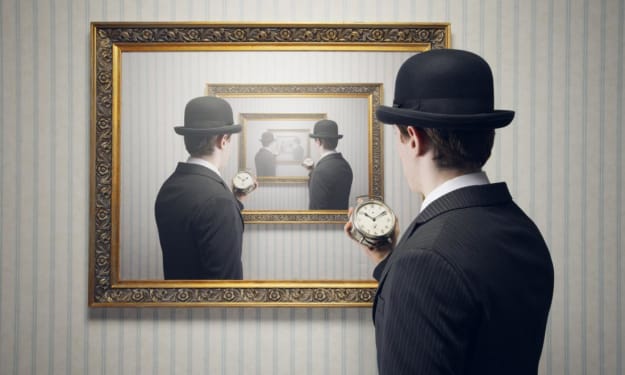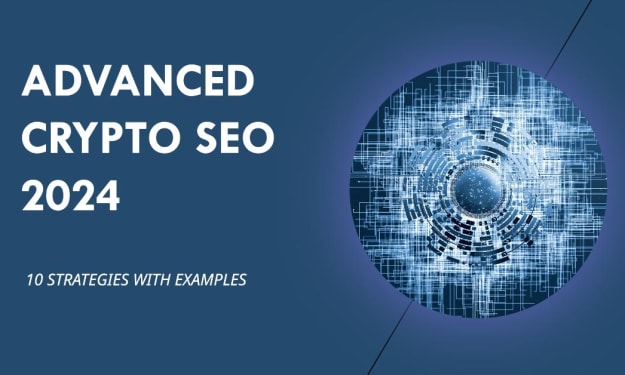Unraveling the Mystery: The Science Behind the Mandela Effect
Exploring the Enigma of Collective Memory: From Mandela to Multiverses

Have you ever vividly remembered something from your past, only to realize that it never actually happened that way? Or perhaps you've been shocked to discover that a commonly held belief or memory is completely false? Welcome to the bizarre world of the Mandela Effect.
Named after the phenomenon where many people falsely remembered Nelson Mandela dying in prison in the 1980s, the Mandela Effect has captured the curiosity of millions around the globe. But what exactly causes this collective misremembering, and why does it seem to be happening more frequently in the age of the internet?
At its core, the Mandela Effect challenges our understanding of memory and perception. Psychologists suggest that our memories are not as reliable as we often assume them to be. Instead, they are susceptible to a variety of influences, including suggestion, social reinforcement, and the passage of time.
One theory posits that the Mandela Effect is the result of parallel universes or alternate realities bleeding into our own. According to this idea, discrepancies between our memories and reality occur when our consciousness shifts between these parallel worlds, causing us to remember events that never actually took place in our current reality.
However, scientists argue that there is a more rational explanation for the Mandela Effect: confabulation. Confabulation occurs when the brain fills in gaps in memory with fabricated or misinterpreted information. This can occur for a variety of reasons, such as the brain's natural tendency to simplify and generalize information or the influence of external factors like suggestion or misinformation.
The rise of the internet and social media has also played a significant role in amplifying the Mandela Effect. With the proliferation of online communities and the rapid spread of information, false memories can easily be reinforced and perpetuated, leading to the widespread belief in alternate realities or conspiracy theories.
Moreover, the internet provides a platform for individuals to share and validate their experiences, creating echo chambers where false memories are collectively accepted as truth. Social media algorithms further contribute to this phenomenon by prioritizing content that aligns with our existing beliefs and preferences, creating a feedback loop of misinformation.
In addition, the internet provides easy access to a vast array of media and information, making it difficult to distinguish between genuine memories and false recollections. As we consume more content online, our brains may conflate details from various sources, leading to the formation of false memories.
Furthermore, the Mandela Effect can also be attributed to the fallibility of human perception. Our brains are not perfect recorders of information; instead, they rely on heuristics and shortcuts to process vast amounts of data quickly. These shortcuts can sometimes lead to errors in perception, causing us to misremember events or details.
Moreover, cultural factors can also contribute to the Mandela Effect. Shared experiences within a society can shape collective memory, leading to widespread misconceptions or false beliefs. For example, iconic moments in popular culture, such as famous movie lines or historical events, can become distorted over time through retellings and reinterpretations. These cultural references become ingrained in our collective consciousness, making it difficult to distinguish between fact and fiction.
Furthermore, the Mandela Effect highlights the importance of critical thinking and skepticism in an era of information overload. With the abundance of information available at our fingertips, it's crucial to question the validity of our memories and beliefs. By exercising skepticism and seeking out credible sources, we can navigate the complexities of the digital age and reduce the influence of false memories on our understanding of reality.
So, the next time you find yourself questioning your memories or experiencing the Mandela Effect, remember that you're not alone. Whether it's a simple case of misremembering a movie line or a more complex phenomenon like the collective false memory of historical events, the Mandela Effect serves as a fascinating reminder of the intricacies of the human mind and the fragility of memory.





Comments (2)
Fantastic! Well written!
Great job! Keep up the fantastic work